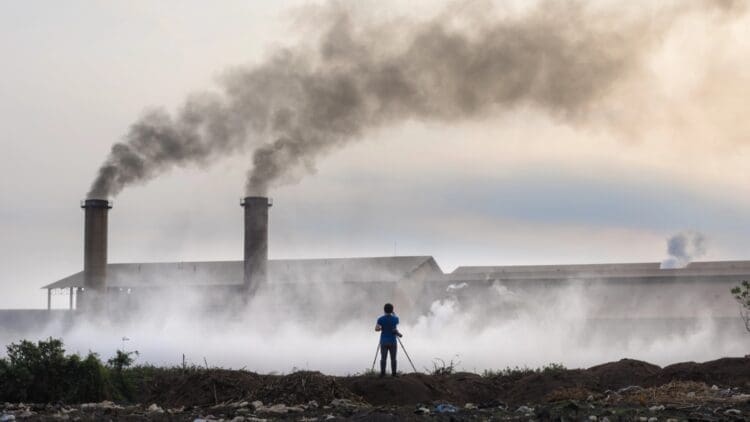The United States Department of Energy has issued an order to Consumers Energy to prevent it from shutting down the J.H. Campbell power plant in West Olive, Michigan. The department has made use of its emergency energy powers and has ordered the plant to come back online following reports that the site was due to close in May. But the order prevents the closure and requires the Midcontinent Independent System Operator to continue operations. Which has received heavy backlash from several organizations.
It’s not the first time the DOE has issued an order to the site in Michigan
The initial order was issued in May of this year and expired in August, which has led to a new order being issued by the Department of Energy that will keep the site operational until November of this year. The order has not been received well by several institutions, and the government has stated that the plant is necessary to avoid any energy crisis that America might be facing. What energy crisis, you might ask? Well, we have the same questions.
Under the Federal Power Act, DOE can order power plants to operate for 90 days during emergencies. Which can be defined as any situation regarded as a serious threat to America’s energy ambitions. DOE also directed Constellation Energy to keep operating two 380-MW units at its Eddystone power plant near Philadelphia.
The order has gotten some serious blowback from reputable organizations
America is a divided nation at the moment. There are several cases where local authorities are taking the federal government to court to challenge their orders and initiatives. And the Attorney General of Michigan, along with the Sierra Club and Earthjustice, is taking the DOE to court over the order. The outcome depends on the relevant arguments made by both sides, but if the initial order was granted, we can not see this one failing either.
“Midwestern families and businesses should not be forced by the U.S. Department of Energy to pay millions of dollars in higher electricity bills for an old coal plant that is demonstrably not needed for reliability and much more expensive than sensible alternatives. There is no emergency need for this coal plant as the Michigan Public Service Commission has concluded based on the facts, especially as electricity demand drops from the hot summer to the fall.” – Howard Learner, CEO and executive director of the Environmental Law & Policy Center
While the American government is being challenged in court, other countries have taken the opposite stance to what the DOE is pioneering. Regardless, the naysayers have made their voices heard and are not backing down from a fight with the Trump-led DOE.
“The administration again tramples the long-planned retirement of an unneeded and expensive power plant. This is the Trump administration playbook—issue emergency orders without support in fact or law and let ordinary people suffer the consequences: In this case, skyrocketing electricity bills and toxic pollution in the air and water. While propping up the dirtiest sources of electricity, this administration is simultaneously thwarting the development of cheaper, cleaner energy from wind and solar and not acting to expand the transmission grid to bring cheaper power to more people. But the market will force the administration’s hand and we will go to court to do so too.” – Michael Lenoff, senior attorney for Earthjustice
Will the AG in Michigan win the case, or will we see more orders in the future
The government has the power to order companies to continue operating during emergency energy shortages, but we see no immediate safety concerns or lack of oil for the future in America, so one must question what the real agenda might be. Can the AG in Michigan put forth a reasonable argument that has merit to the courts and stop the order from being implemented? As the administration is not known for backing down, we see no recourse for the AG and his backers, at least not at this point.






